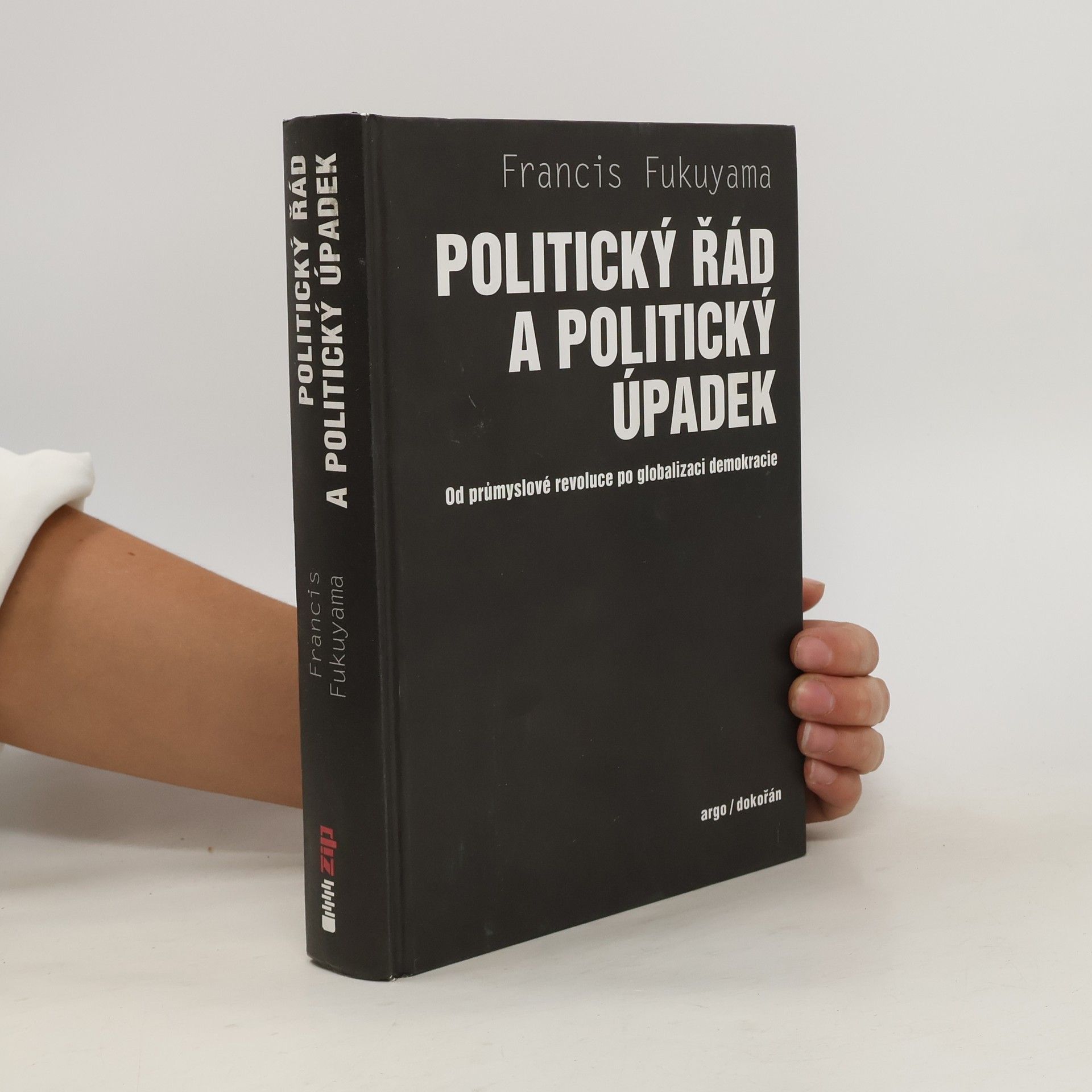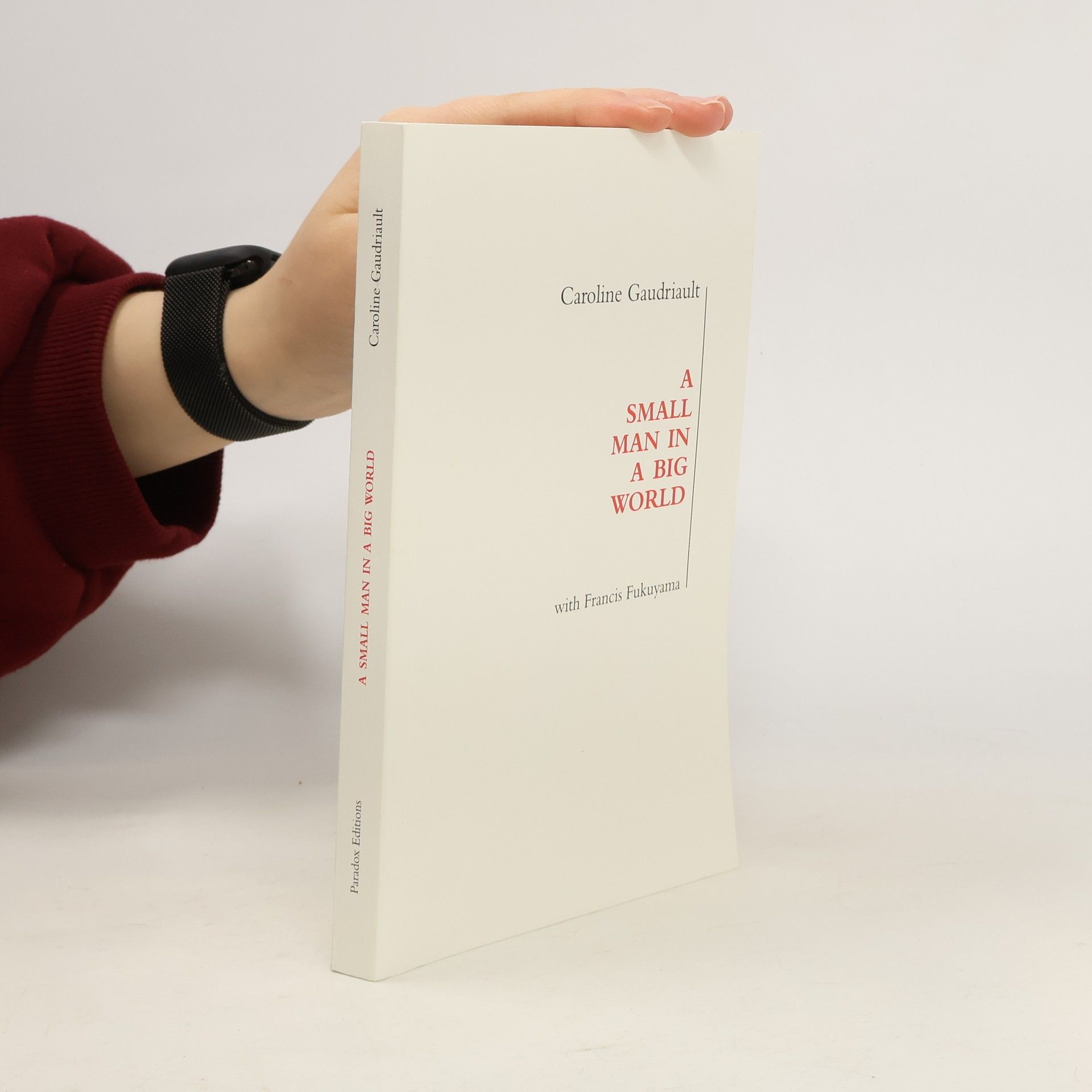Der Liberalismus und seine Feinde
- 224 Seiten
- 8 Lesestunden
Hat der Liberalismus noch eine Zukunft? Die Demokratien stecken weltweit in der Krise. Militärischen Drohgebärden und der Spaltung der Gesellschaft haben sie scheinbar nichts entgegenzusetzen. Francis Fukuyama unterzieht unserem System einen Stresstest: Sind die Prinzipien des Liberalismus als Grundlage unseres Handelns noch zeitgemäß? Corona-Einschränkungen, Hetze und Falschinformationen in den sozialen Medien, die aggressive Politik von Russland und China, populistische Führer im Westen: Der westliche Liberalismus erscheint heutzutage schwach und nicht in der Lage, unsere drängenden Probleme zu lösen. Dass er Menschen- und Bürgerrechte nicht ohne langwierige Prozesse einschränken mag, scheint heutzutage ein Nachteil zu sein. Man könne nicht alle Menschen gleich behandeln, heißt es dieser Tage von links wie von rechts, allerdings mit unterschiedichen Vorzeichen. Francis Fukuyama untersucht in seinem so kurzen wie prägnanten Buch, welche Werte ein echter Liberalismus vertreten muss, inwiefern der Neoliberalismus seinem Ansehen geschadet hat, und wie wir auf die Herausforderungen der Gegenwart antworten müssen, wenn wir unsere Freiheit nicht verlieren wollen.














